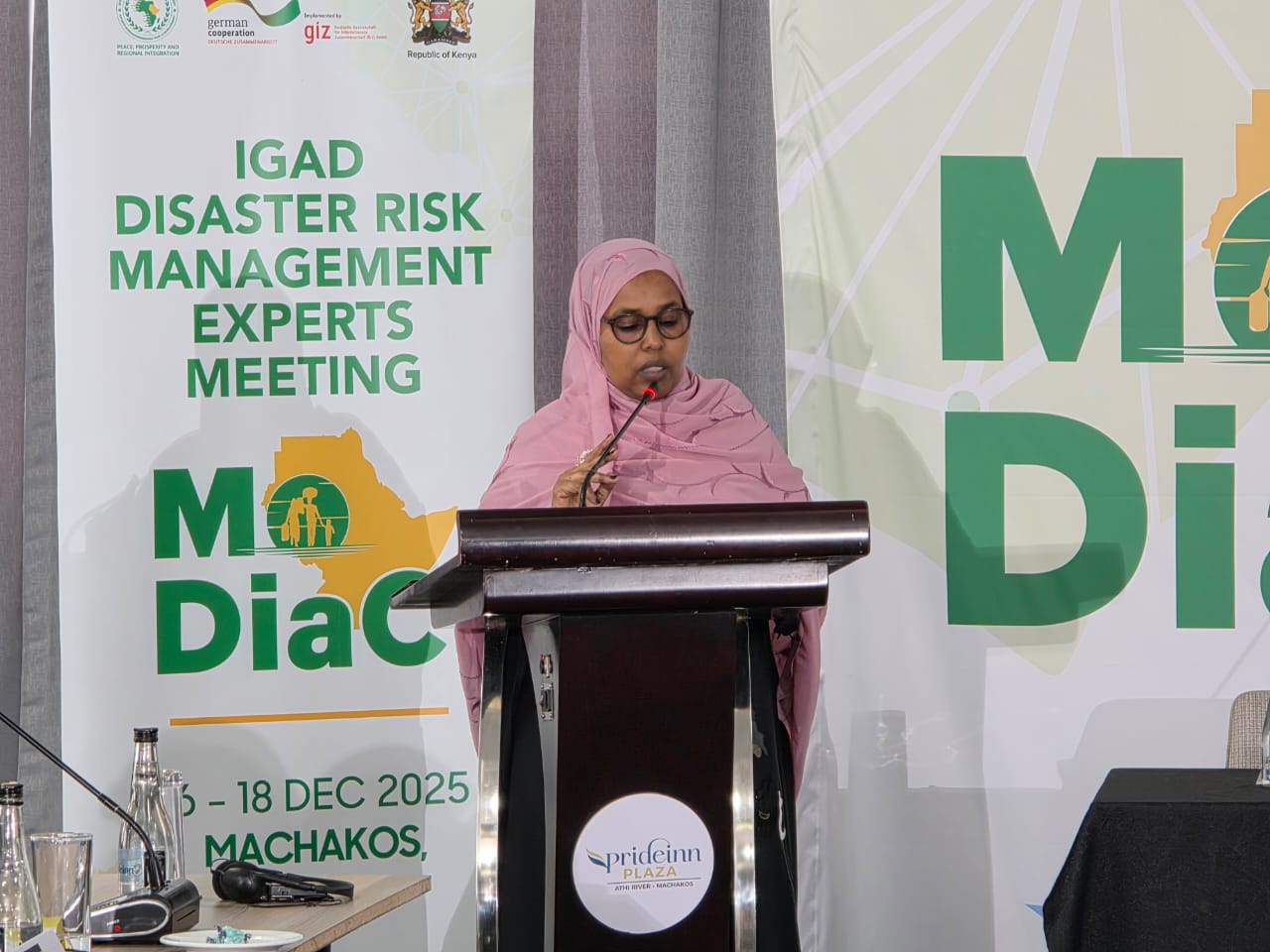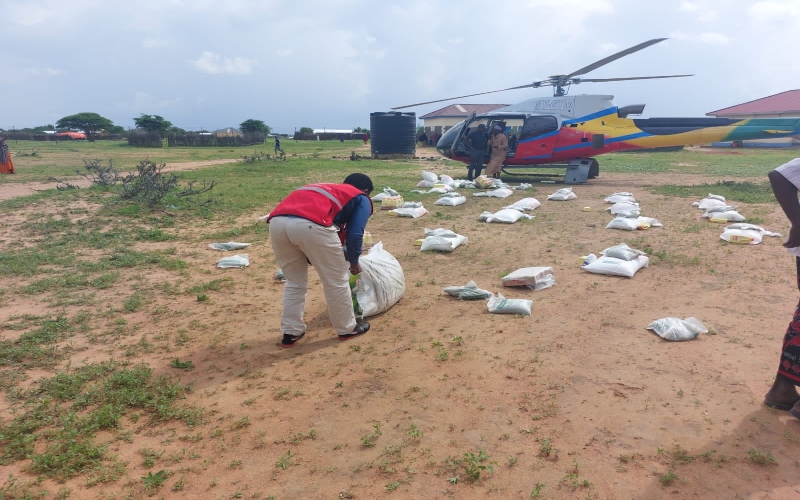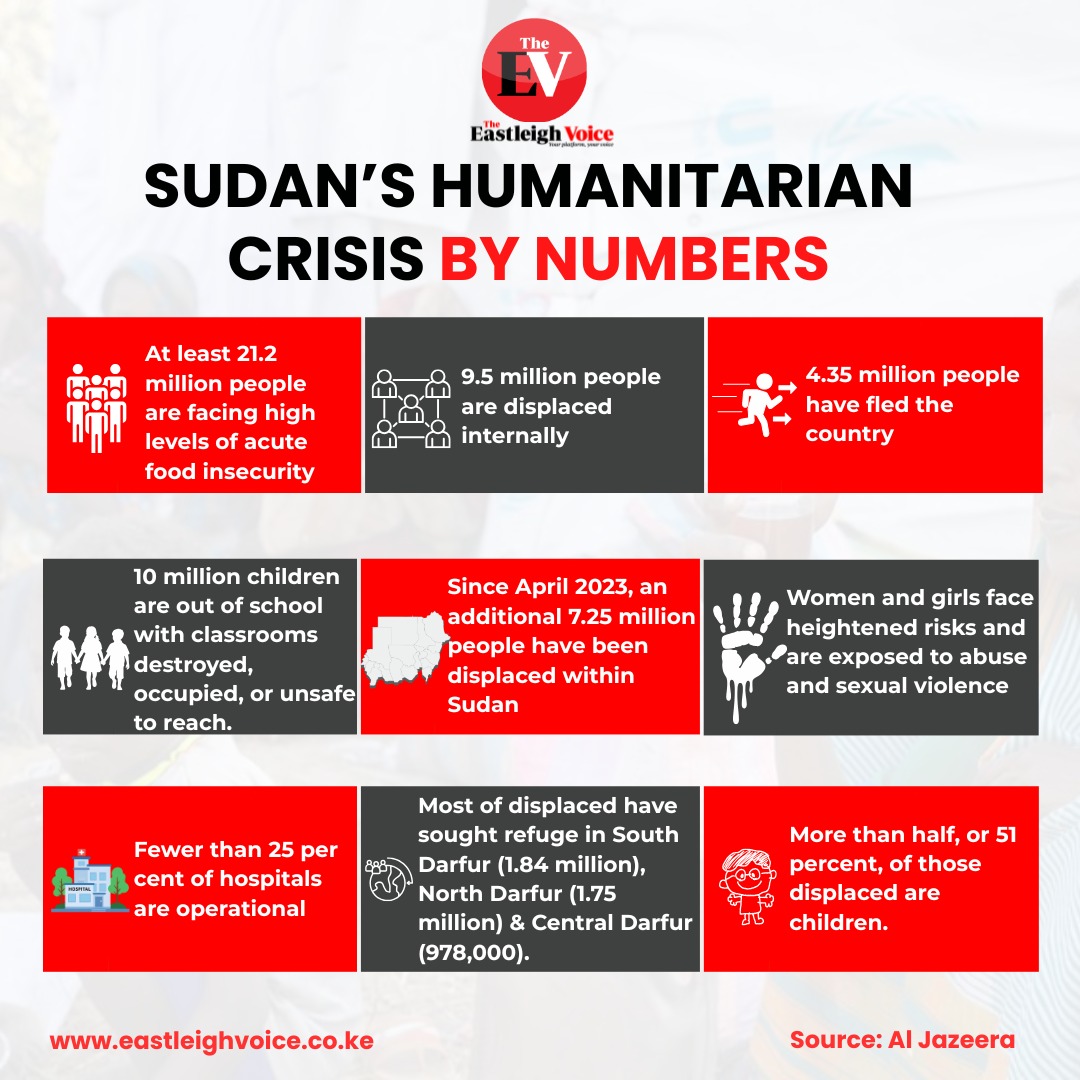Calls for urgent reforms to deal with reckless Mombasa tuk-tuk drivers

NTSA is engaging with county governments to streamline licensing and enforce designated pick-up and drop-off points for tuk-tuks.
As the holiday season approaches, Mombasa County officials are grappling with the challenge of improving road safety, amid concerns over the role of tuk-tuks in traffic incidents.
The National Transport and Safety Authority (NTSA) reports that these three-wheelers are among the leading causes of road crashes in the coastal city, with reckless driving, overcrowding, and traffic violations highlighted as primary factors.
More To Read
- Mombasa sets January deadline for tuk-tuk operators' SACCO registration
- Mombasa’s road safety overhaul: Multi-agency crackdown brings order to chaotic streets
- Mombasa tuk-tuk drivers switch to electric as coastal city pushes clean energy revolution
- Fifteen injured in Mombasa road crash after PSV collides with cargo truck
- 'I start every day in debt'- Inside a Nairobi tuk-tuk driver’s 16-hour hustle
- Mombasa County road traffic deaths surge by 36% in 2023
Despite their popularity as an affordable and convenient mode of transport, tuk-tuks have increasingly become a hazard on Mombasa’s roads.
NTSA’s Head of Road Safety Programmes, Samuel Musumba, called for urgent reforms.
“We need proper planning to regulate how tuk-tuks operate. Many drivers lack the necessary Class A2 or A3 licences, and they fail to follow traffic rules such as observing traffic lights or avoiding overlaps. Without formal training, they contribute to congestion and crashes,” he said.
To address the issue, the NTSA is engaging with county governments to streamline licensing and enforce designated pick-up and drop-off points for tuk-tuks.
Stakeholders such as the Bloomberg Philanthropies Initiative for Global Road Safety (BIGRS) are stepping in to complement these efforts.
Awareness campaigns
BIGRS Communication Coordinator Kevin Ismael emphasised the need for awareness and education.
“We have seen that speeding and poor driving practices among tuk-tuk operators are significant contributors to road crashes. Our goal is to support the Mombasa County government, NTSA, and other stakeholders in driving awareness campaigns and building capacity for better enforcement,” he said.
BIGRS has partnered with the Kenya Police Service, and Mombasa County Inspectorate among other road safety stakeholders to design a mass media campaign targeting tuk-tuk and matatu drivers.
“Our approach involves empowering drivers through road safety education while also addressing the behavioural challenges that lead to road crashes,” Ismael said.
 Kevin Ismael, the Communications Coordinator at Bloomberg Philanthropies Initiative for Global Road Safety. (Photo: Farhiya Hussein)
Kevin Ismael, the Communications Coordinator at Bloomberg Philanthropies Initiative for Global Road Safety. (Photo: Farhiya Hussein)
At the same time, the Mombasa County government, with support from the Japan International Cooperation Agency (JICA), will roll out an intelligent transport system (ITS) to manage traffic flow and reduce congestion.
The system includes 22 new traffic signals, three variable message signboards, and a traffic control centre.
Chief Officer for Transport and Infrastructure Ali Shariff described the initiative as transformative.
“This partnership with the Japanese government will improve road safety and ease congestion in Mombasa. Additionally, relocating inter-county buses to a new terminal in Kibarani will help decongest the central business district,” Shariff noted.
In 2023, the government partnered with tuk-tuk operators for a registration drive aimed at streamlining the sector.
However, with the number of registered motorcycles and tuk-tuks rising by 30 per cent between 2018 and 2020, according to the Kenya National Bureau of Statistics (KNBS), enforcement remains a challenge.
NTSA data reveals that 3,435 people lost their lives in road crashes between January and September 2024, underscoring the urgency of tackling the issue.
Of these, pedestrians and drivers were the most affected groups, with fatalities among pedestrians decreasing from 1,682 in 2022 to 1,591 in 2023.
According to road safety stakeholders, efforts to address the tuk-tuk menace in Mombasa reflect a broader commitment to fostering safer roads for all users.
On their side, tuk-tuk drivers acknowledge the challenges but believe collaborative solutions can address the concerns.
“Tuk-tuks are vital for short-distance transport, especially in places where matatus can’t access. Most of us are willing to follow the rules, but we need proper infrastructure and clear guidelines to help us operate safely. If the county can provide designated pick-up points and regular training, it will reduce the issues on the roads and allow us to serve the community better,” Ahmed Abdalla, a tuk-tuk driver in Mombasa for over seven years, said.
He emphasised the importance of balancing safety measures with support for their livelihoods.
Top Stories Today












































